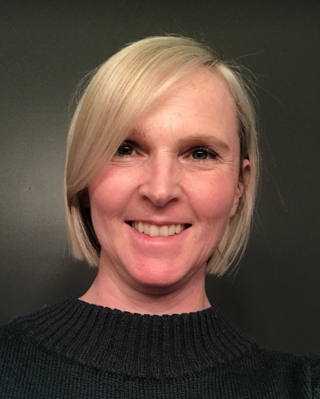Career
Just in Time for Mother's Day
Why Mother's Day at work can be tough on the childless and childfree.
Posted May 5, 2022 Reviewed by Lybi Ma
Key points
- Mother's Day observations in the workplace can be fraught.
- Canadian therapist Catherine-Emmanuelle Delisle offers suggestions for building empathy among employees.

Montreal-based therapist Catherine-Emmanuelle Delisle does not have children of her own. She has known this was not an option since she was 14 years old. Over the past decade, she has been sharing her motherhood grief through Femme Sans Enfants. Here are some of her thoughts.
What inspired you to talk about how motherhood is handled in the workplace?
Last Friday when I read my emails, I discovered a message from my employer wishing all the staff a Happy Mother’s Day. It hit me: This message is not addressed to me.
I can say that I enjoy my life without children, and I take full advantage of all that is made possible for me daily: freedom to create my life in my own image through chosen friendships, a family without grandchildren, a rewarding job, and contacts via the web with thousands of women without children—throughout the English and French-speaking world.
While my pain has faded with time, sometimes waves of mourning, like reminders of the non-linear aspect of this loss, hits my heart without warning. My wound of not being a mother is reawakened.
Do you think references to Mother’s Day should be discontinued in the workplace?
I have nothing against Mother’s Day. I celebrate it every year with my own mother. I do have a problem with the “one size fits all” messaging, especially in the workplace, which cruelly deny the reality of those for whom Mother’s Day is a symbol of suffering—those who did not give birth or who were raised by dysfunctional mothers.
Although motherhood is portrayed in our societies as the ultimate achievement for a woman, this is not so for many who became mothers because of social pressure, as Orna Donath describes in her book, Regretting Motherhood.
How do you support others who don’t have children or those who struggle with becoming mothers? What specific actions would be helpful?
I give voice to the experience of women without children by circumstances, to all those who, like me, did not choose against having children. I dream that someday soon Mother’s Day wishes and ultrasound photos shared in the workplace will be accompanied by a dose of empathy. For example, why not add this sentence to those missives surrounding Mother’s Day: “And for all those who wished they were mothers and are not, I offer you my deepest empathy.”

We could also think about adding “baby alert” in the subject line of workplace messages announcing a pregnancy to provide these women a way to protect themselves emotionally or not open these messages.
What’s the payoff for employers taking such actions?
I am convinced it is only by talking about the potential impact of certain messages that coworkers may become more sensitive to our experience.
Some will say that I am idealistic. Maybe that’s why I’m still writing about this subject after 10 years. Make no mistake: We do not want our colleagues to hide their happiness of becoming mothers. We are able as childless women to rejoice for them and can be deeply touched they are becoming mothers.
I just wish these pregnancy announcements and Mother’s Day wishes be accompanied by empathy for those who cannot relate to them. I am hungry for recognition that many suffer from receiving these messages as painful reminders of what they are not.
What do you hear from your readers about the workplace challenges for childless and childfree employees?
While the media frequently covers work-family-life balance, we still talk very little in the working world about the repercussions on people without children: we are the last choice for vacation scheduling, we get extra workload for colleagues on family leave, business trips systematically assigned to people without children. This experience, though not my personal reality, has been shared with me frequently by women readers thirsty for recognition of their particular needs in the work world.
I know that what I say will be disturbing to some people. I dare to say out loud what many people are thinking. How can we become better understood if we never talk about our reality in the workplace?

Catherine-Emmanuelle Delisle founded the French and English blog Femmesansenfant in 2012, dedicated to exploring the possibilities and challenges of living the childless and childfree life. She is a therapist in Montreal, where her main focus is helping childless women come to terms with their loss and childfree women thrive, free of social stigma.




